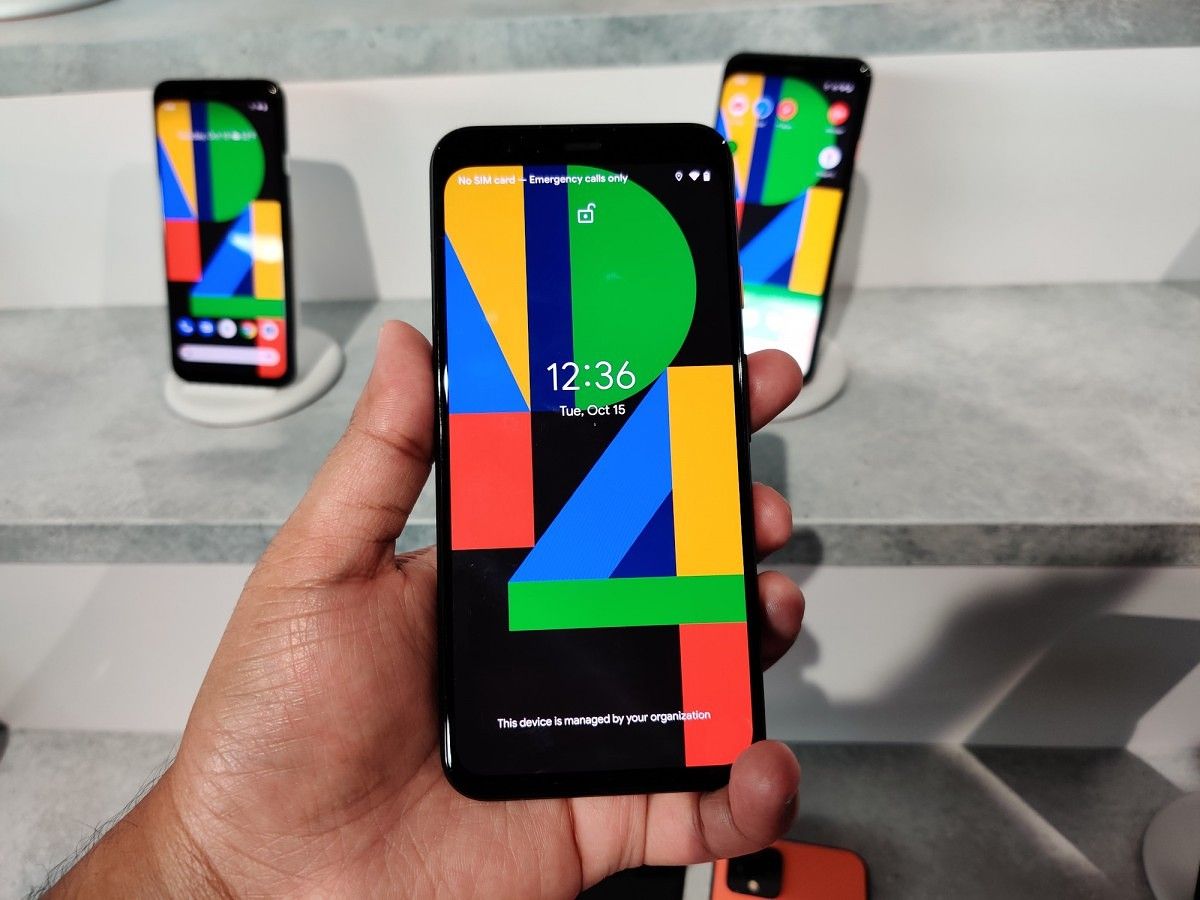It looks like Google and iHeartMedia are in a bit of hot water, as the FCC and the state attorneys general sued the companies for deceptive ads for the Pixel 4 that were broadcast between 2019 and 2020. The lawsuit states that radio personalities were used to promote the handset, with nearly 29,000 "deceptive endorsements" made during that time. The lawsuit has been settled and bars Google and iHeartMedia from misleading the public on any future advertisements, and they will also be required to pay $9.4 million in penalties.
Bureau of Consumer Protection Director Samuel Levine stated:
It is common sense that people put more stock in first-hand experiences. Consumers expect radio advertisements to be truthful and transparent about products, not misleading with fake endorsements. Today’s settlement holds Google and iHeart accountable for this deceptive ad campaign and ensures compliance with state and federal law moving forward.
Google approached iHeartMedia to advertise its Pixel 4, using on-air personalities who recorded and broadcast endorsements about the phone, despite not even using the handset. Rather than provide the personalities with handsets, it handed them scripts with phrases like:
“It’s my favorite phone camera out there, especially in low light, thanks to Night Sight Mode,” “I’ve been taking studio-like photos of everything,” and “It’s also great at helping me get stuff done, thanks to the new voice-activated Google Assistant that can handle multiple tasks at once.”
You can see how this might be misleading, especially when the personalities never got a chance to verify these kinds of claims. As stated before, Google and iHeartMedia are barred from misleading the public, with the FTC sharing the expected outcome, including but not limited to the following:
- Prohibit Google from misrepresenting that an endorser has owned or used, or about their experience with, certain products;
- Prohibit iHeartMedia from misrepresenting that an endorser has owned or used, or about their experience with, any consumer product or service;
- Require Google and iHeartMedia to distribute the order to certain people, file compliance reports with the Commission, and keep records to allow the FTC to ensure compliance.
Did you happen to hear these ads in 2019/2020? What do you think about the penalty? Comment down below.
Source: FTC
Via: Ars Technica

